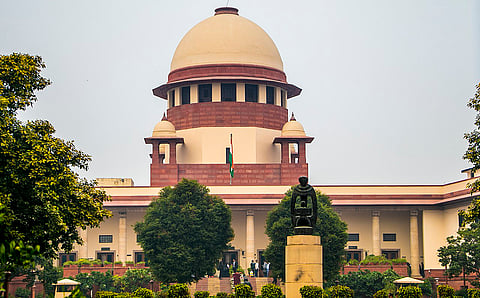
New Delhi- In a landmark ruling, a nine-judge Constitution bench of the Supreme Court has upheld the constitutional authority of states to impose taxes on mines and mineral-bearing lands. The decision, delivered today, also clarified that royalties paid on extracted minerals do not qualify as a tax.
The judgement, delivered with an 8:1 majority, was penned by Chief Justice DY Chandrachud and supported by Justices Hrishikesh Roy, Abhay S Oka, JB Pardiwala, Manoj Misra, Ujjal Bhuyan, Satish Chandra Sharma, and Augustine George Masih. It affirmed that royalties, which are payments made by mining lessees to lessors for the right to extract minerals, are not taxes. Instead, they are contractual payments stipulated by the terms of the mining lease. The ruling emphasized that the payment of royalties to the government should not be considered a tax simply because the statute allows for their recovery as arrears.
The bench also confirmed that the authority to tax mineral rights lies with state legislatures. It was clarified that Parliament lacks the legislative competence to tax mineral rights under Entry 54 of List 1, which pertains to general subjects.
Justice BV Nagarathna, the sole dissenting judge, contended that royalties should be viewed as a form of tax. She expressed concerns that allowing states to impose taxes on minerals could lead to inconsistencies in the management of national resources and foster unhealthy competition among states.
The case examined whether the state governments' ability to tax and regulate mining activities is restricted by the Mines and Minerals (Development & Regulation) Act of 1957. This ruling delineates the distribution of powers between the central and state governments in this key economic sector.
In response to the judgement, Solicitor General Tushar Mehta, representing the legal community, sought clarification on whether the ruling would have retrospective or prospective effect. The bench has scheduled a hearing on this issue for next Wednesday.
You can also join our WhatsApp group to get premium and selected news of The Mooknayak on WhatsApp. Click here to join the WhatsApp group.